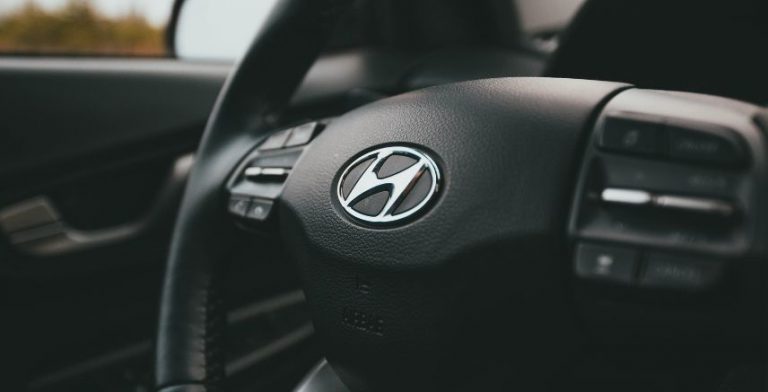Roadmap to a Smart Purchase
Buying a used car can be a smart decision, whether you're looking to save money or seeking a specific make and model that's no longer in production. However, it's crucial to approach the process with caution and gather all the necessary information to make an informed decision. To help you navigate the complex world of used car buying, we've compiled a list of eight essential questions to ask before sealing the deal, whether you're purchasing from a private seller or a dealership.
1. What's the Vehicle's History?
Regardless of where you're buying the used car, this is the first and most crucial question you should ask. Request the vehicle's history report, which should include details about accidents, title changes and maintenance records. If you're dealing with a private seller, you may have to obtain this information independently, whereas dealerships often provide a comprehensive history report as part of the sales process.
2. How Many Miles Does It Have?
A car's mileage can tell you a lot about its potential wear and tear. A vehicle with exceptionally high mileage may require more extensive maintenance, while a low-mileage car might seem like a better deal. However, it's essential to consider the type of driving those miles represent. For instance, a car with 100,000 miles of mostly highway driving may be in better condition than a vehicle with 60,000 miles of city driving, as highway driving tends to be gentler on the vehicle.
3. Why Are You Selling the Car?
This question is especially important when dealing with a private seller. Understanding the seller's motivations can provide insight into the car's condition and history. Be wary of sellers who are vague about their reasons for selling a car or seem to be in a hurry to get rid of the vehicle. Honest sellers should be willing to discuss the car's history and the reasons behind their decision to sell.
4. Can I Take it for a Test Drive?
No matter where you're buying the used car, you should always insist on a test drive. This is your chance to assess the vehicle's condition and get a feel for how it drives. Pay attention to any unusual noises, vibrations or handling issues. Try the brakes, acceleration and steering to ensure everything is in good working order. If the seller or dealership is hesitant to allow a test drive, it could be a red flag.
5. Has the Car Been Inspected?
Before buying a used car, it's essential to know if it has undergone any recent inspections. Private sellers may not have had their vehicles inspected, so it's wise to consider investing in an independent inspection by a trusted mechanic. Dealerships, on the other hand, typically have their used cars inspected and reconditioned before putting them on the market. Inquire about the results of these inspections and any work that has been done to improve the car's condition.
6. What's the Overall Condition of the Vehicle?
Whether you're dealing with a private seller or a dealership, you should ask for an honest assessment of the car's overall condition. Private sellers may be more subjective in their descriptions, so it's crucial to verify their claims through inspection and maintenance records. Dealerships often have set standards for evaluating a car's condition and should be transparent about this assessment.
7. Can I See the Title and Maintenance Records?
For private sellers, these documents are especially important. The title should be in the seller's name and free of any liens or loans. Request maintenance records to confirm that the car has been well-maintained and serviced regularly. Dealerships usually have these documents readily available, but it's still a good practice to review them to ensure transparency.
8. What's the Price and Negotiation Room?
When you're in the market for a used car, knowing the fair market value of the vehicle is crucial. Do your research using trusted sources like Kelley Blue Book or Edmunds to get an idea of the car's value based on its make, model, mileage and condition. When dealing with private sellers, negotiation is expected, and it's a good idea to have a target price in mind. At dealerships, the price might be less negotiable, but you can still discuss financing options and extras that may be included.
Rev Up Your Decision
In conclusion, buying a used car requires careful consideration and a thorough assessment of the vehicle's history, condition and the seller's credibility. Whether you're dealing with a private seller or a dealership, asking these eight smart questions will help you make an informed decision and ensure that you're getting the best value for your money. With the right information and a critical eye, you can confidently drive away with a used car that fits your needs and budget.

